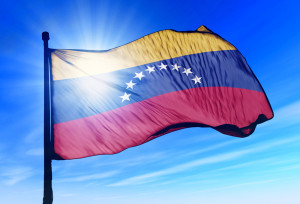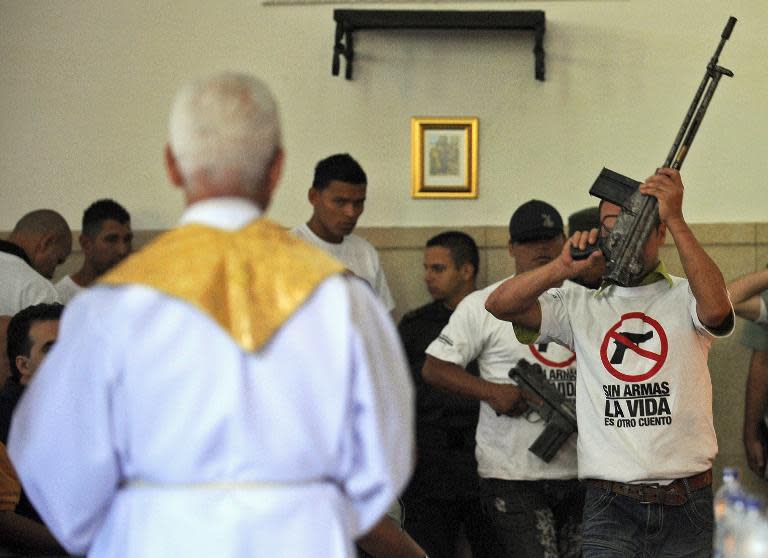by Delisa Morris
Impunity Watch Reporter, South America
CARACAS, Venezuela — US lawmakers have made an effort to apply sanctions on Venezuela over human rights concerns. However, South American governments have said no.
In a statement on Friday, Foreign ministers from the 12-member Union of South American Nations announced that the sanctions would constitute a violation of Venzuela’s internal affairs, while undermining the attempts by regional diplomats and the Vatican to facilitate dialogue between the Venezuelan government and the opposition.
According to a statement after a meeting in the Galapagos Islands in Ecuador, sanctions represent an obstacle for Venezuela. The people can over come their difficulties with independence and in democratic peace.
The Obama Administration has condemned President Nicolas Maduro for cracking down on protestors and human rights violations. President Obama has stated that he wants to wait to apply sanctions to allow more time for dialogue between President Maduro and the opposition.
On Wednesday, The U.S. House of Representatives is expected to debate a bi-partisan bill that would order the Obama administration to ban visas and freeze the assets of Venezuelan officials who have committed human rights violations during unrest in the past three months. The bill centers on $15 million in funds to promote democracy and rule of law in the country. The Senate foreign relations committee has already cleared similar legislation.
Senator Marco Rubio, R-Fla., was a sponsor of the Senate legislation. Senator Rubio stated that the sanctions would carry a very important message at this time when Venezuelan officials have been accused of arresting, torturing, and even killing unarmed protestors.
In a telephone interview with the Associated Press Senator Rubio stated sanctions should target anyone who has been involved in human rights violations and did not rule out President Maduro as a target.
Taking action now would show that the U.S. is “firmly on the side of the democratic aspirations of the Venezuelan people,” said Rubio.
Human Rights Watch released a report this month detailing the abuses that have occurred in Venezuela since the beginning of the unrest. At least 41 people have died in the country since February. Others have suffered broken bones, denials of medical treatment and have been threatened with rape or death. Human Rights Watch noted that at least 10 of the deaths should be considered torture.
According to US lawmakers sanctions would be an appropriate way to help stop the violence, but South American governments do not agree.
For more information, please see:
ABC News — South America Rejects US Sanctions on Venezuela — 24 May 2014
The Washington Post — South America Rejects US Sanctions on Venezuela — 24 May 2014
Fox News Latino — Spurred By Sen. Marco Rubio, Congress Moves to Impose Sanctions On Venezuela — 8 May 2014
Daily Mail — South America Rejects US Sanctions on Venezuela — 24 May 2014


